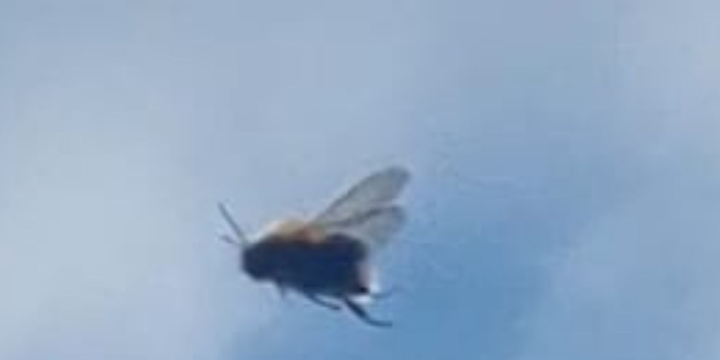Live Bee Nest Removal
The main types of bee that you may find nesting in your home or garden are mortar bees, honey bees and bumble bees.
Bumble bees are very placid, and follow the harvest seasons, leaving the fields in the Spring to find shelter where they can raise a family. The often choose brickwork, or nest under garden sheds, so you may see a bumble bee’s nest around your home or garden. The best approach is to leave them. Once they have raised their family, they will return to the fields in the Autumn.
Mortar bees are solitary bees. If you see bees flying into brickwork in individual holes, then it’s likely to be mortar bees. Mortar bees are again very placid, and generally only sting if squeezed.
Honey bees will swarm in the springtime. Bees swarm when a virgin queen is leaving a nest, which has become overcrowded, and she will take some bees with her to start a new hive. A bee swarm is nothing to worry about and often bees leave of their own accord within a few hours. The bee keeper will come and collect a bee swarm if necessary.
If honey bees start nesting under tiles or in a chimney, this can be more problematic. The bees themselves are not necessarily a concern, however over time their nest will grow in size. As the nest grows the amount of honey and honey comb can become a problem, and can start seeping through the walls or ceiling.
It is therefore recommended, that a honey bees nest is removed. A good pest control company will be able to remove live bees and rehome them. This can entail removing brickwork, and if it’s at height then scaffold or a cherry picker may also be needed. For this reason, the cost or removing bees can become relatively high, however some house insurance policies do cover it, and ultimately it’s unavoidable as long-term the bees will need removing.
Bee removal is a specialist area, and not all pest control companies offer a bee removal or rehoming service. Bees are not currently protected, but bee pest control is regulated, and they can only be treated with insecticide in specific potential health and safety situations. All bee pest control needs to be legally followed up with effective bee proofing, to stop more bees nesting in the same place. However, bees are an important part of the ecosystem, and bee numbers are reported to be falling, so it is highly recommended that bees are removed live and rehomed. A good pest control company will only offer live bee removal unless there are extreme circumstances.







